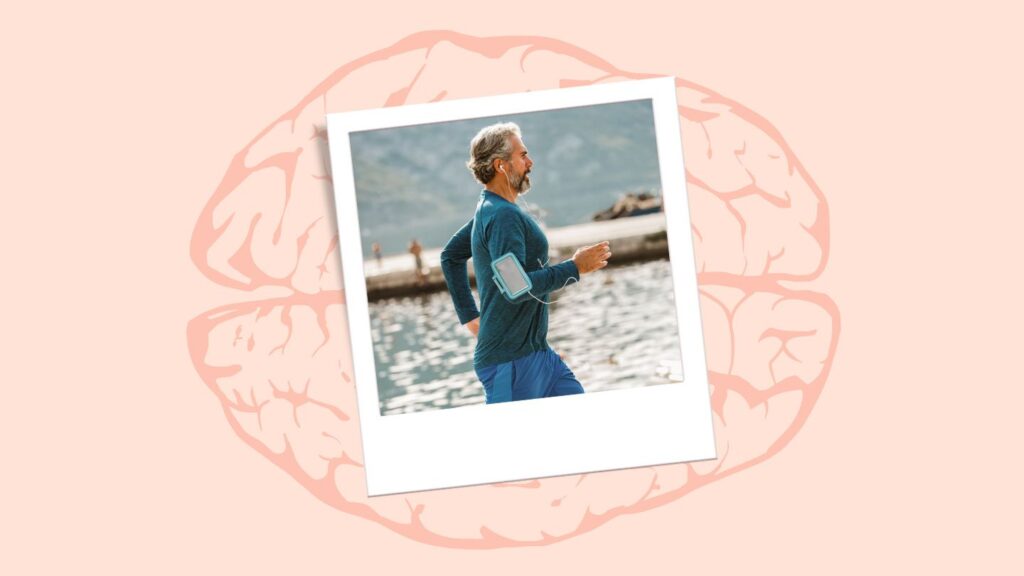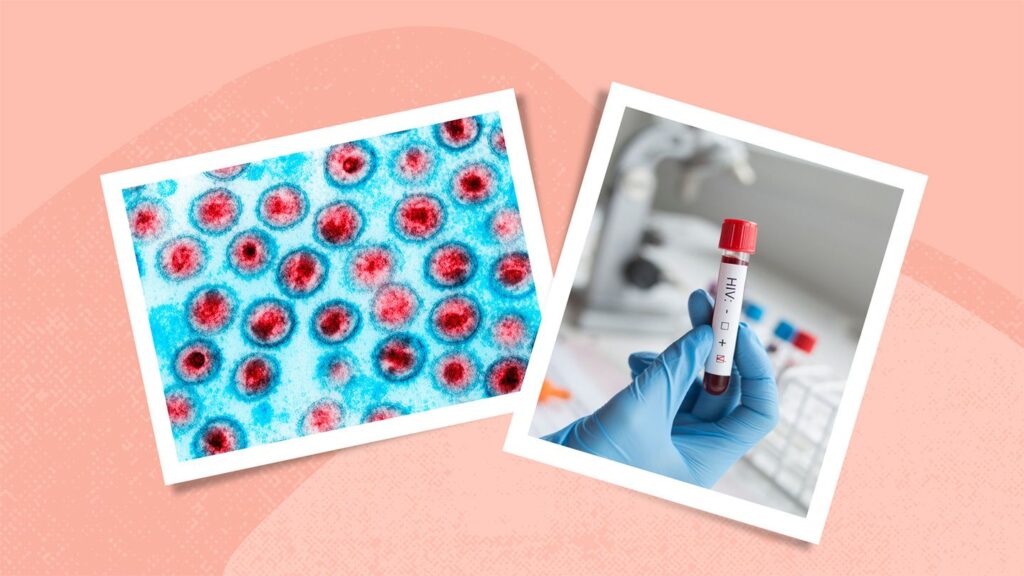Eating more eggs could provide a significant boost to brain health.
“Eggs are nutrient-dense food and a good source of choline, folate, vitamin D, iodine, B vitamins, and high-quality protein,” wrote lead study author Precious Igbinigie, MPH, a researcher in health and well-being at the University of Wolverhampton in England. “The protective effect of daily egg consumption against dementia in older adults may be attributed to the presence of bioactive compounds and numerous other nutrients such as high-quality protein, unsaturated fatty acids, and vitamins.”
Eggs May Offer Protection Against Cognitive Decline
The study compared two years of health data on the dietary habits of 233 adults with dementia and an equal number without dementia, all from community health clinics and the dementia management system in Guangzhou, China. Participants were 74 on average and just over 60 percent were women.
Igbinigie and his research team focused on the Chinese population because the country has the largest number of people with dementia in the world, and its per-capita egg intake is twice the world’s average.
In comparing dementia risk, the scientists categorized participant egg-eating habits as nonconsumption, one egg a month, one egg weekly, one egg daily, or two a day or more.
The analysis found that the fewer eggs a person ate, the higher their dementia risk: Compared with those who ate an egg daily, weekly egg eaters were 1.76 times more likely to have dementia, while those who ate an egg a month were more than 4 times as likely to have dementia.
Why Eggs Bolster the Brain
“Since eggs generally have an excellent nutritional profile, the relationship observed between egg consumption as part of a nutritious diet and reduced odds of dementia was not particularly surprising,” says Elizabeth Mills, PhD, assistant director of Aging and Alzheimer’s Prevention at the Alzheimer’s Drug Discovery Foundation.
She stressed that participants who regularly ate eggs also tended to eat other nutrient-dense foods such as meat, vegetables, and fruit.
Eggs contain a variety of nutrients associated with brain health that are in a form that is easy for the body to absorb and use, according Dr. Mills, who was not involved in this study. This may explain why eggs in particular may cut dementia risk.
“Eggs are a complete protein, meaning they contain all nine essential amino acids — the ones the body cannot produce on its own,” says Mills. “One of the key brain-building nutrients found in high abundance in eggs is choline. It is incorporated into acetylcholine, which is one of the chemical messengers used for communication in the brain, and essential for the processes of learning and memory.”
Wait, Aren’t Eggs Bad for Heart Health?
More Research Still Needed on Eggs and Brain Health
The latest study had several limitations: The participant number was relatively small and confined to one geographic area, while dietary information was based on participant recall, which can be unreliable.
Also, some results did not support the finding that higher egg consumption equaled lower dementia odds. There was no increase in dementia risk for those who didn’t eat any eggs, and there was no lower risk in those consuming two or more eggs per day. The authors said that these outcomes raised uncertainties that “warrant further research.”
Overall, however, Mills encourages people to embrace the egg.
“As a nutrient-dense complete protein, eggs can be part of an overall brain healthy diet when combined with other brain healthy foods, such as vegetables, fruit, and whole grains,” she says.



